Category Archives: Education

There’s a new obstacle to landing a job after college: getting approved by AI
by Pisana Ferrari – cApStAn Ambassador to the Global Village Students preparing for a job interview have to face a “stark new reality”, reads a recent article by Rachel Metz for CNN Business: they could be vetted in part by artificial intelligence. There is a surge in the use of algorithms to analyze details such …
“There’s a new obstacle to landing a job after college: getting approved by AI”
Read More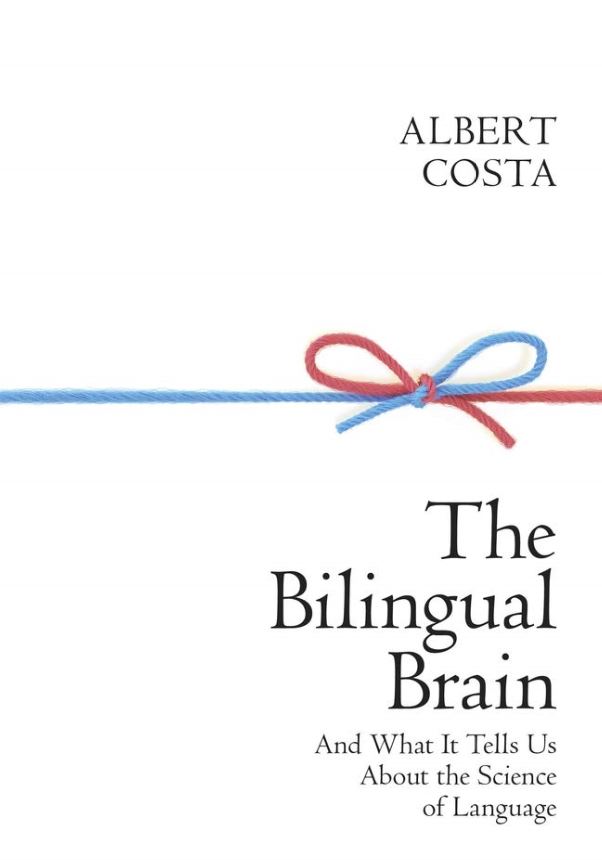
High time to review the monolingual mindset when thinking about educational provision
by Pisana Ferrari – cApStAn Ambassador to the Global Village What perhaps not many of us know is that over half of the world’s population is bilingual, says Victoria Murphy, Professor of Applied Linguistics at the University of Oxford, in her review of “The Bilingual Brain”, by Spanish neuropsychologist Albert Costa. Based on the author’s 20+ …
“High time to review the monolingual mindset when thinking about educational provision”
Read More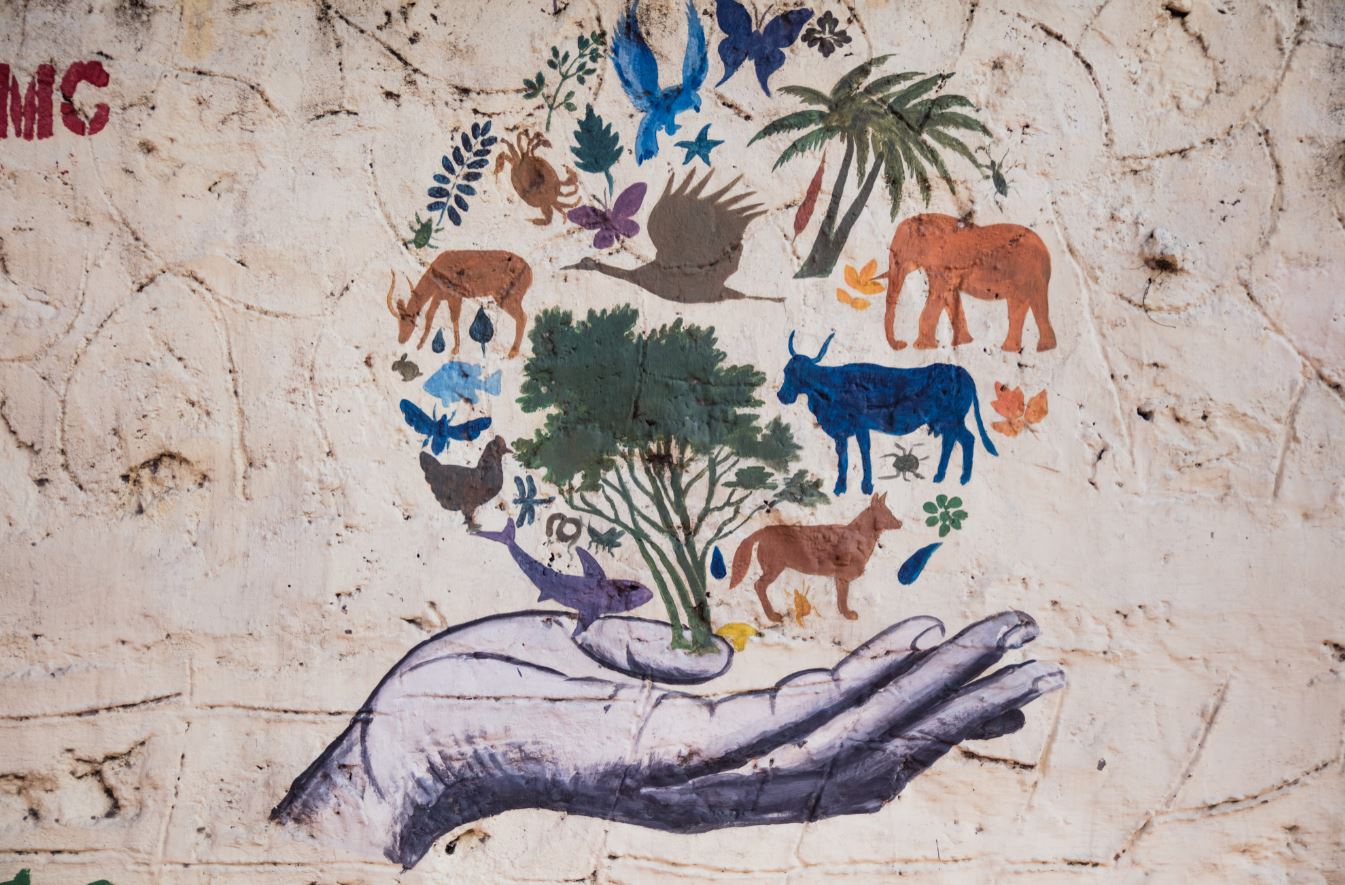
Climate change is due to become central to learning in science, math and social studies
by Pisana Ferrari – cApStAn Ambassador to the Global Village If today’s youth aren’t adequately educated about the reality of climate change, its effects and the ways the planet can prevent it, how can impactful solutions be implemented? Climate change is an education priority, says the author of a recent article in SI News, echoing …
“Climate change is due to become central to learning in science, math and social studies”
Read More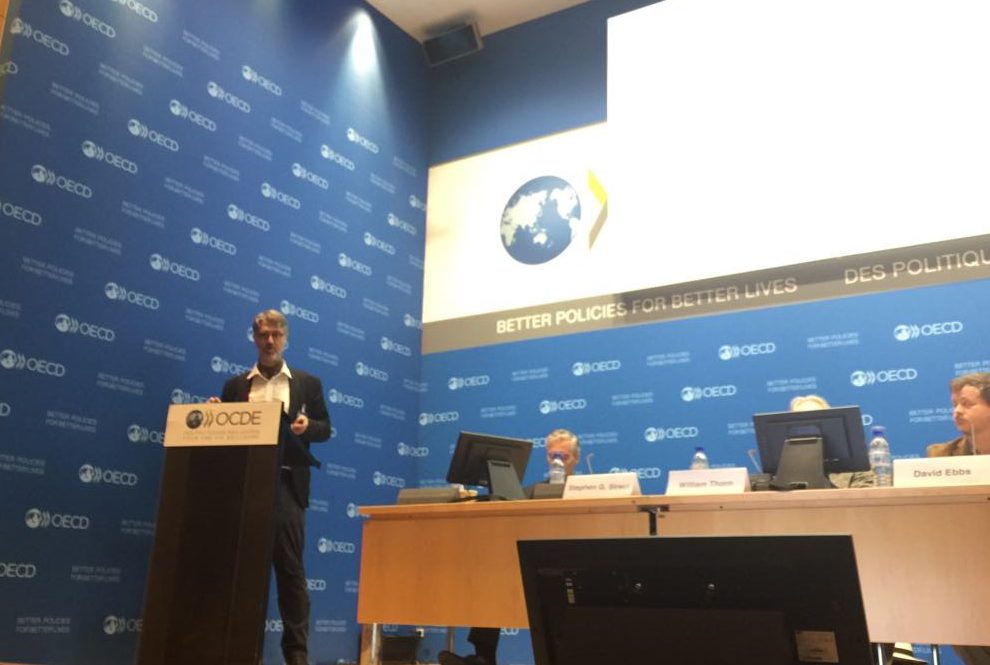
Report of OECD-GESIS seminar on translating/adapting instruments in large-scale assessments now published
by Pisana Ferrari – cApStAn Ambassador to the Global Village The translation and adaptation of measurement instruments is of vital importance in achieving comparability of data in large-scale assessments. What is meant by “comparability” and how can translations be produced that meet the objectives for comparability? This was the overarching question at a methodological seminar …
Read More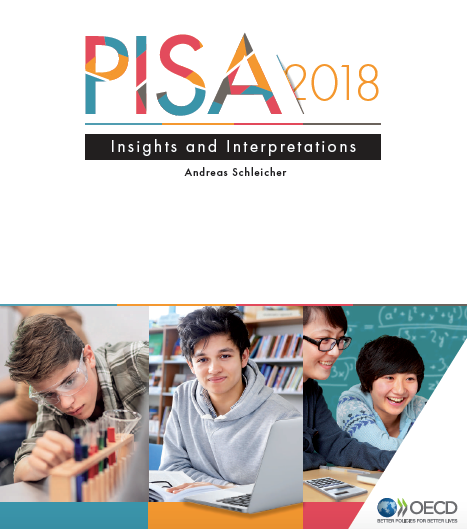
Two recent key international assessments, PISA and ICILS, raise serious concerns about students’ capacity to critically assess information found online
by Pisana Ferrari – cApStAn Ambassador to the Global Village Reading is no longer mainly about extracting information; it is about constructing knowledge, thinking critically and making well-founded judgements”. “Students need to be able to read complex texts, distinguish between credible and untrustworthy sources of information, and between fact and fiction, and question or seek …
Read More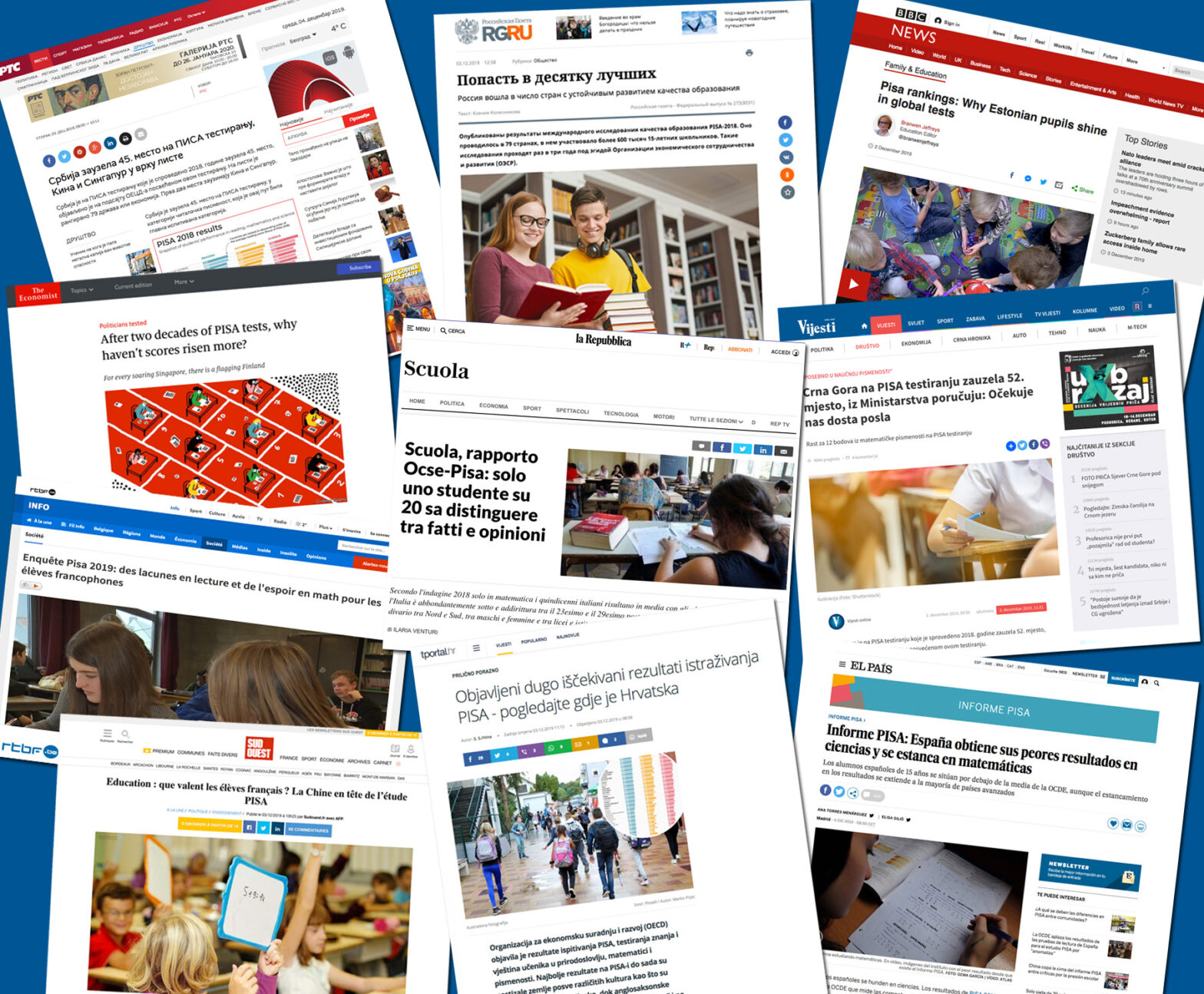
Release of OECD PISA studies 2018 results – worldwide resonance 🌎
In general, the press reports too much on country ranking and benchmarking, and too little on more interesting data such as within-country variance; gender equality in the three OECD PISA studies domains; resources invested in education; the correlation between the students’ (and schools’) socioeconomic status and their performance on PISA literacy scales; the effect of …
“Release of OECD PISA studies 2018 results – worldwide resonance 🌎”
Read More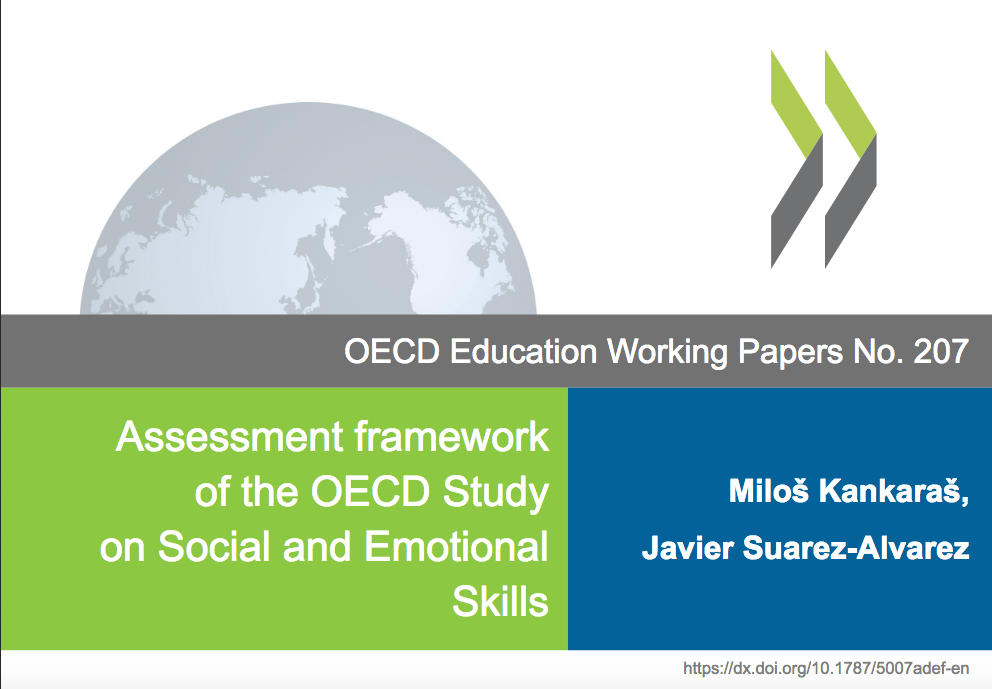
Social and emotional skills are not only important for individuals but also shape the larger communities and societies we live in
by Pisana Ferrari – cApStAn Ambassador to the Global Village The assessment framework of the OECD Study on Social and Emotional Skills (SEL) has just been published. (1) Together with the previously published conceptual framework, the Study now has complete framework documentation explaining all of its substantive and methodological aspects, writes OECD Project Manager for …
Read More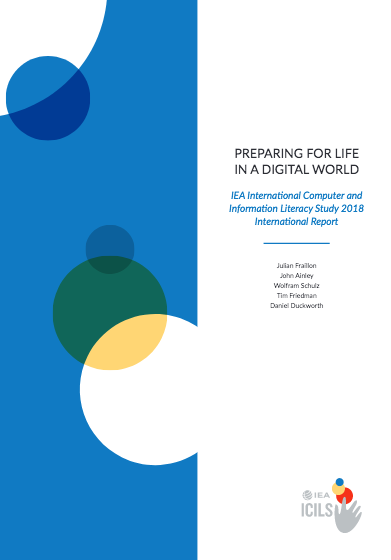
The latest cycle of ICILS reveals that over 40% of students have only minimal ability to critically assess information found online
by Pisana Ferrari – cApStAn Ambassador to the Global Village Contrary to common assumption young people do not necessarily develop sophisticated digital skills just by growing up using digital devices: 18% of students who took part in the latest cycle of the International Computer and Information Literacy Study (ICILS) failed to reach even the lowest …
Read More
Are apprenticeships going to emerge as a viable and scalable future alternative to college?
by Pisana Ferrari – cApStAn Ambassador to the Global Village Two recent articles in the Harvard Business Review present radically opposing views on the issue of skills training as a possible future alternative to higher education. This is an issue which is likely to continue to be the object of heated debate and both authors …
“Are apprenticeships going to emerge as a viable and scalable future alternative to college?”
Read More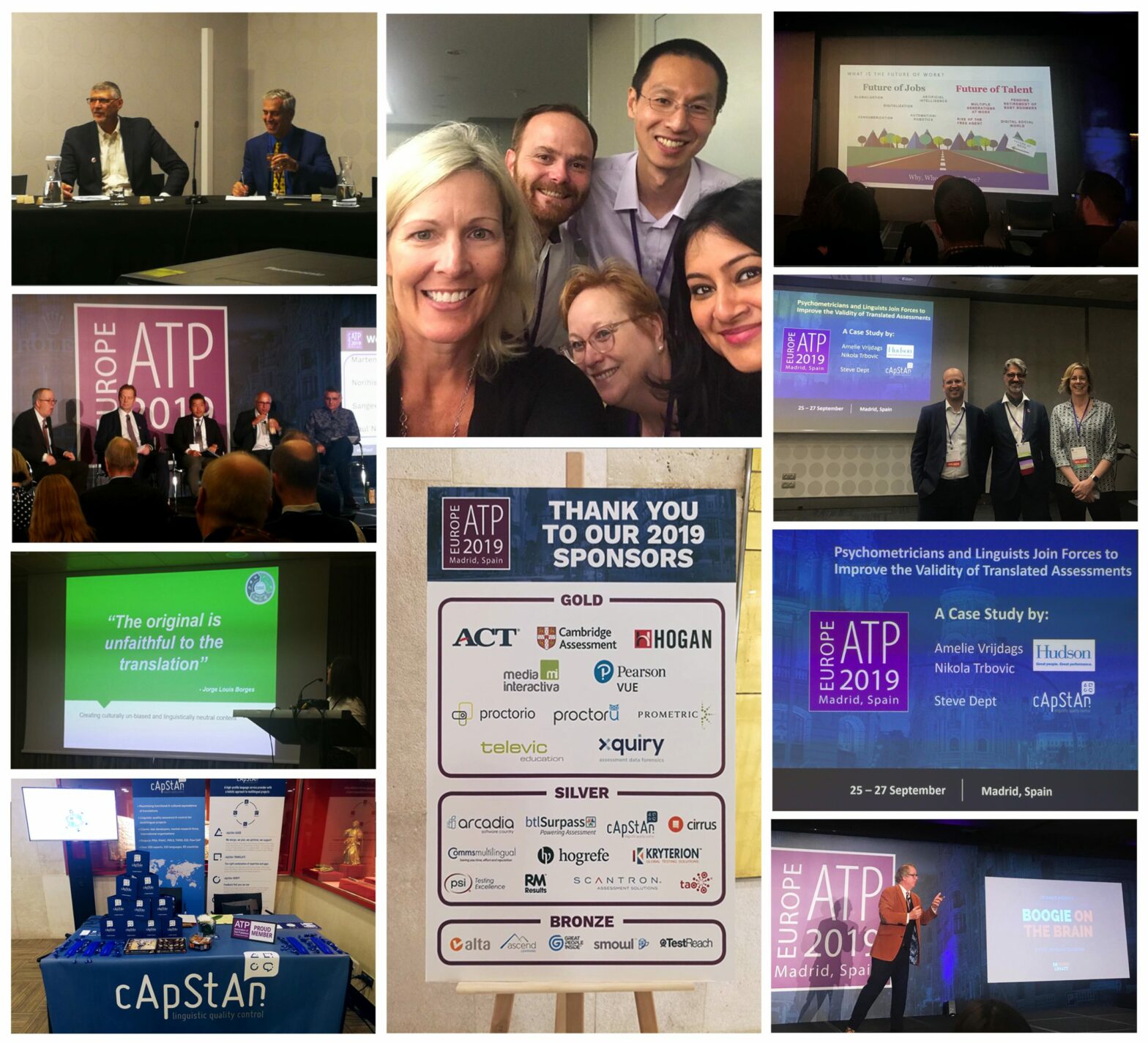
Highlights from the E-ATP Conference in Madrid
by Pisana Ferrari – cApStAn Ambassador to the Global Village The E-ATP conference was a vibrant event, bustling with awareness of disruption in the testing industry and eagerness to board the train to transform assessments. Artificial intelligence, machine learning, brain science, big data, personalized and adaptive learning, rapidly changing skills and other technology, combined with …
“Highlights from the E-ATP Conference in Madrid”
Read More
Is there a connection between student reading scores and the STEM gender gap?
by Pisana Ferrari – cApStAn Ambassador to the Global Village Economists at the Paris School of Economics and Dauphine University in France believe there is. In a recent study they have analyzed data on how 300.000 teenagers in 64 countries performed on math and reading in the Programme for International Student Assessment (PISA), in 2012. …
“Is there a connection between student reading scores and the STEM gender gap?”
Read More
Industry experts share their optimistic visions for the future of education
Online, remote, on-demand, self-paced, informal, diverse, flexible, practical, life-long, augmented, gamified, automated … these are some of the buzzwords related to the future of education, as seen by some of the most innovative players in the field. An interesting overview. Source: https://www.disruptordaily.com/what-is-the-future-of-education-11-experts-share-their-insights/ Photo credit: Caleb Minear @ Unsplash
Read More